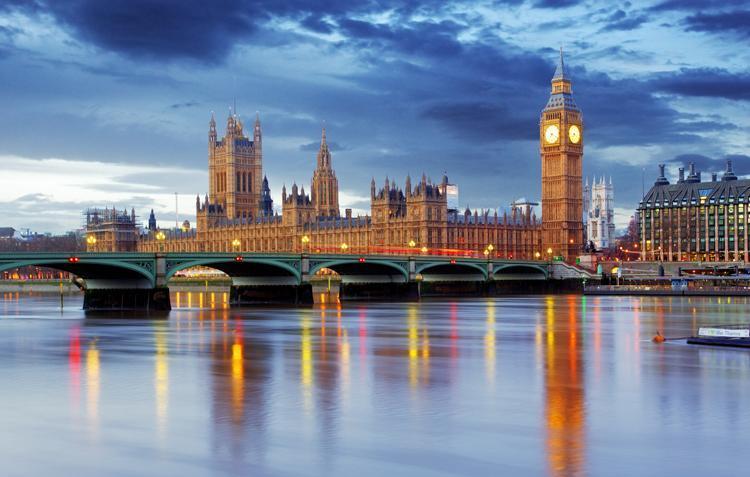Free speech at universities: Human Rights Committee question the new Office for Students and Charity Commission

Wednesday 24th January, Committee Room 1, Palace of Westminster 3.15pm
Can you regulate for free speech at universities? What approach will the new regulator the Office for Students take in ensuring free speech? Does Charity Commission guidance on external speakers for student events go too far?
This week the Joint Committee on Human Rights will be questioning the regulators involved in these issues including the Chair of the newly formed Office for Students, Michael Barber, and representatives from the Charity Commission.
MPs and Peers will be trying to determine to what extent the regulatory frameworks set out by these bodies are inhibiting the possibility of free speech and debate as part of their ongoing inquiry on the subject.
The witnesses will be as follows:
- Sir Michael Barber, Chair, Office for Students (OfS)
- Michelle Russell, Director of Investigations, Monitoring and Enforcement, Charity Commission
- Aarti Thakor, Head of Legal Compliance, Charity Commission
Universities have a statutory duty to ensure free speech. The importance of this is underscored by Universities Minister Jo Johnson’s recent call for the Office of Students, which will take on regulatory responsibility for the sector on April 1 2018, to champion free speech in universities. Freedom of speech is canvassed as one of the core Public Interest Principles to be secured by that office.
However the Prevent Duty Guidance for Higher Education indicates that Higher Education Institutions should not platforms for those encouraging terrorism or inviting support for a proscribed organisation – both of which are illegal.
The Guidance also states that:
“Furthermore, when deciding whether or not to host a particular speaker, RHEBs [Higher Education Bodies] should consider carefully whether the views being expressed, or likely to be expressed, constitute extremist views that risk drawing people into terrorism or are shared by terrorist groups. In these circumstances theevent should not be allowed to proceed except where RHEBs are entirely convinced that such risk can be fully mitigated without cancellation of the event.”
Article 10 of the European Convention on Human Rights provides that:
- Everyone has the right to freedom of expression. This right shall include freedom to hold opinions and to receive and impart information and ideas without interference by public authority and regardless of frontiers. This Article shall not prevent States from requiring the licensing of broadcasting, television or cinema enterprises.
- The exercise of these freedoms, since it carries with it duties and responsibilities, may be subject to such formalities, conditions, restrictions or penalties as are prescribed by law and are necessary in a democratic society, in the interests of national security, territorial integrity or public safety, for the prevention of disorder or crime, for the protection of health or morals, for the protection of the reputation or rights of others, for preventing the disclosure of information received in confidence, or for maintaining the authority and impartiality of the judiciary.











Responses